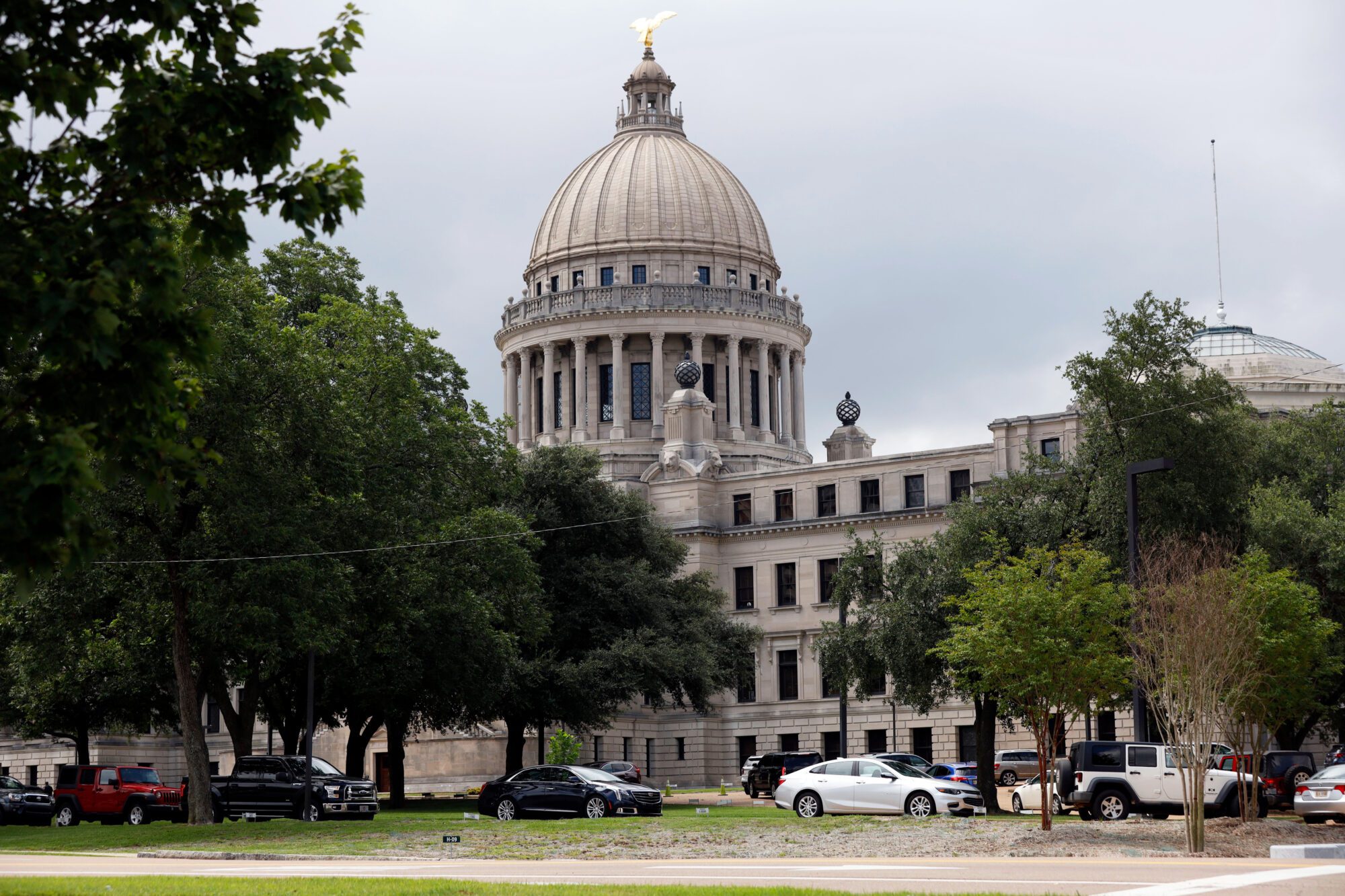Federalism And The Changing Politics Of Tobacco
For those of us who covered the tobacco wars of the 1990s, it’s hard to believe how much has changed. Back then, tobacco companies, fearful of lawsuits, were eager to forge a national legal settlement, passed by Congress, that would give them immunity from lawsuits. Prominent trial lawyers, like Dickie Scruggs, who is now serving time for attempted bribery, were key players in pushing the companies to say Uncle.
The idea of the settlement was that in exchange for legal immunity, they’d limit their controversial marketing, fork over billions to anti-smoking campaigns and generally rein themselves in. The national settlement fell apart. The Left wanted more concessions than the tobacco companies were willing to hand out and many on the right opposed the deal, too. Eventually a deal with state Attorneys General accomplished much of the same goals as the efforts at a federal deal. But for years one element of tobacco control that the Left craved had been missing: Regulatory authority by the Food and Drug Administration.
How and why did things change? Part of it is simply the election of a Democratic Congress and president. By the mid Nineties, the GOP controlled Congress and that limited what the Clinton administration and its more activist members, like former FDA Commissioner David Kessler, could do. But the most important change has been the continued ostracism of smokers from public life. The anti-tobacco crusade has been going on for two generations, of course, beginning with the famed 1964 Surgeon General’s report on the perils of smoking and going through the withdrawal of cigarette ads from TV in the seventies and the end of smoking on most commercial planes in the 80s.
The Atlantic
6/11/9






